Post-Operative Dental Instructions – Tulsa, OK
Prevent Post-Op Complications & Discomfort
Now that your dental procedure is complete, the healing can begin. Enjoy a speedy recovery by adhering to these post-operative dental instructions from Dr. Hammond.
Dental Bridges, Crowns, Inlays, or Onlays
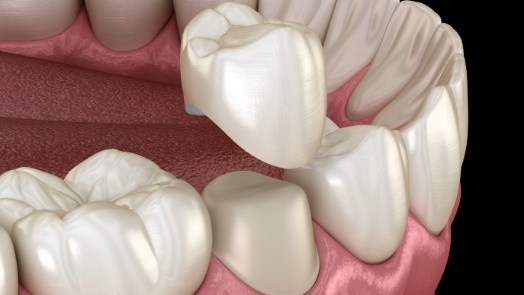
In most cases, you’ll wear a temporary device until your permanent one is ready for placement. It may take up to two weeks to create your new restoration, and it’s important that you take special care of the temporary throughout this time. Avoid chewing hard or sticky foods with a temporary. If it falls off, call our office immediately and avoid biting your lips and cheeks or scraping your gums.
If you experience soreness or sensitivity to hot or cold, know these are normal side effects and should subside within a few days. Maintain excellent dental hygiene by brushing and flossing extra-gently for the first few days following your procedure.
Deep Cleaning
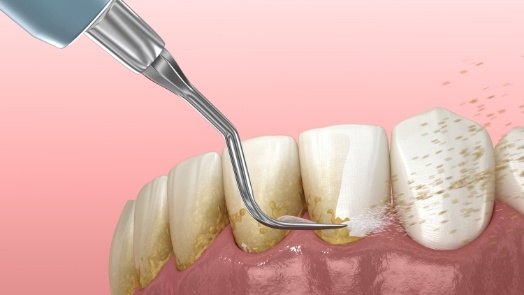
If you have a deep teeth cleaning (also called scaling and root planing), avoid eating or drinking anything until the numbness subsides. Sensitivity to hot and cold and bleeding gums should go away within a few days.
Tooth Extractions
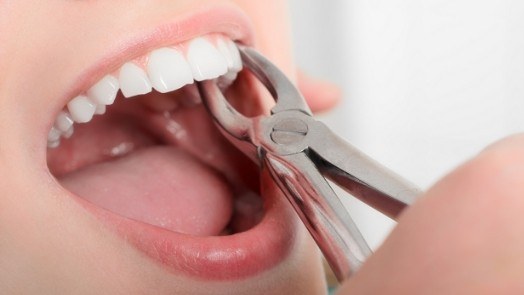
There are several things to keep in mind following a tooth extraction. You’ll need to bite down on a gauze pad covering the extraction site for an hour. Continue for an extra 45 minutes if bleeding persists. Applying an ice pack in 10-minute intervals can also help to reduce swelling. Apply for 10 minutes, remove for five, and repeat.
Some additional things to keep in mind include:
- Maintain a soft-foods diet for two to three days following your procedure
- Do not drink through a straw during your recovery
- Don’t rinse your mouth or spit
- Avoid carbonated beverages
- Avoid brushing your teeth on the day of surgery and resume regular dental hygiene habits on day two
Don’t forget that bruising, swelling and discomfort are all a normal part of your recovery. Using a cold compress and taking your pain medication as recommended can help manage your symptoms.
Fillings
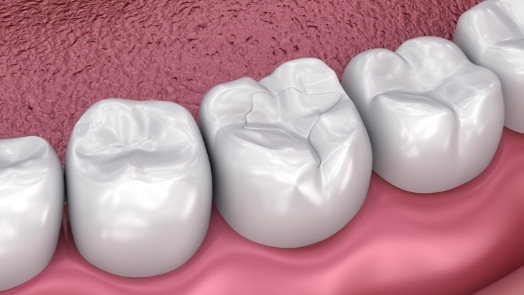
After you receive a filling, avoid eating anything at all until the numbness completely subsides. Avoid biting your cheeks, lips or scraping the gums. If you feel pain or soreness in the affected tooth, don’t panic -- discomfort will subside in a few days.
Getting Used to Your Dentures

It will take some time to adjust to your new dentures. Some discomfort and difficulty speaking are common. Reading aloud daily can help your mouth get used to the new device. Remove your denture every evening before sleep and thoroughly brush them with water before reinserting.
Gum Surgery
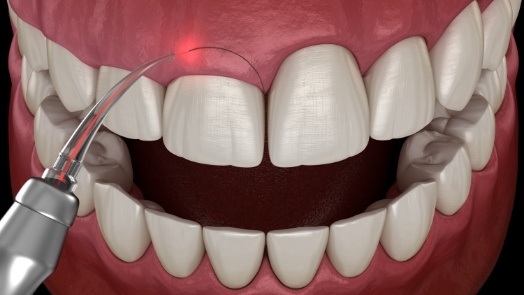
After your gum surgery, bleeding, tenderness and swelling are all common. Use a cold compress in 10-minute intervals on the day of your surgery to reduce the occurrence of these side effects. Take your prescribed medication as directed and be careful not to touch the area with your fingers. You should also avoid brushing the teeth near the sutures, but clean the rest of the teeth and the gums as normal. Do not spit, rinse or use a straw.
Dental Implant Surgery
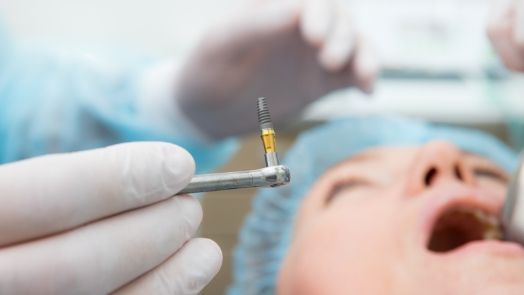
As with any oral surgery, bleeding, tenderness, and swelling are common following your dental implant procedure. Apply a cold compress in 10-minute intervals on the day of your surgery to reduce discomfort and swelling. Avoid touching the treatment area with your fingers and be sure you don’t brush the sutures. Maintain good dental hygiene by brushing and flossing the other teeth as normal. Don’t spit, rinse or use a straw.
